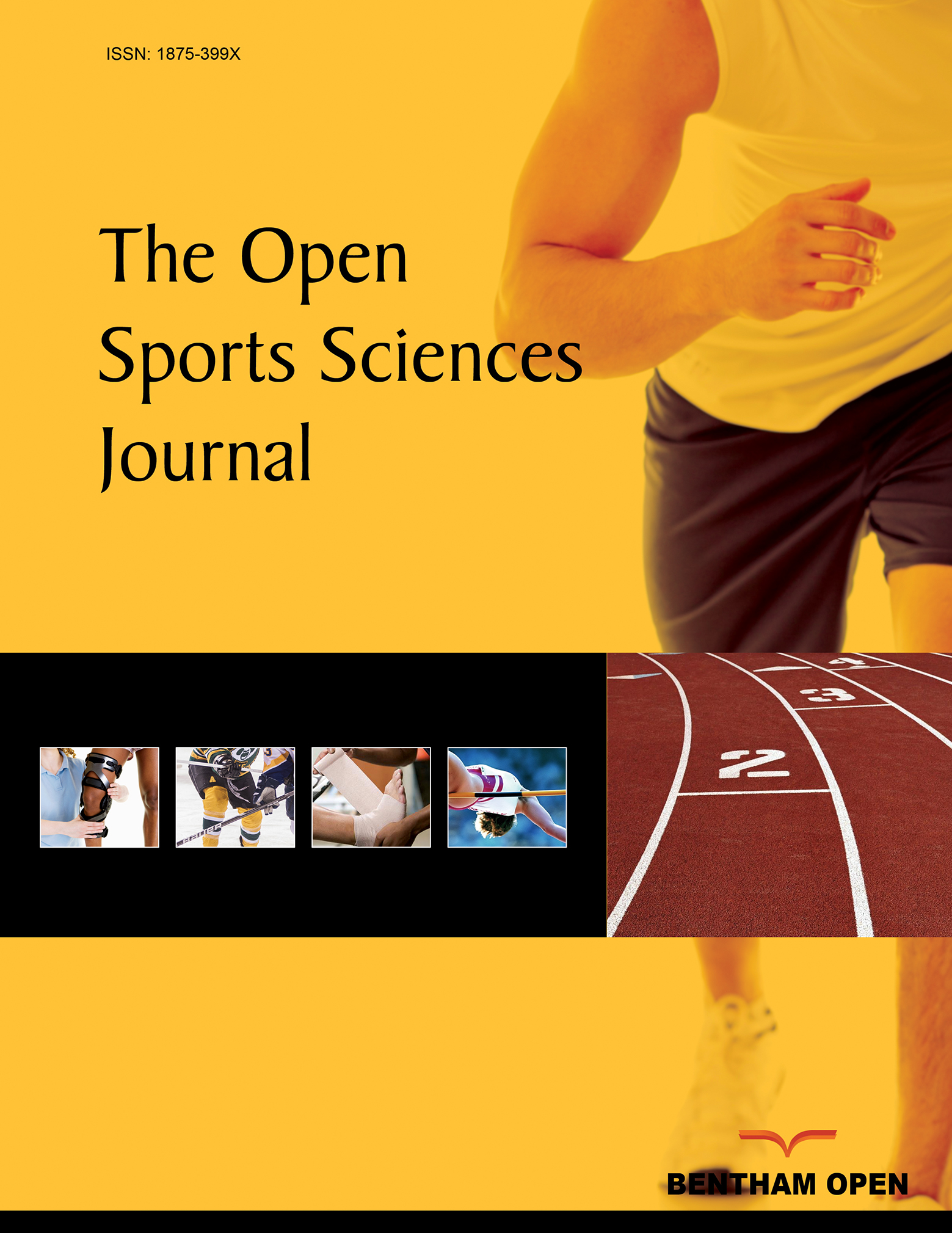All published articles of this journal are available on ScienceDirect.
Preparatory Efficacy Effects on Practice Effort and Performance
Abstract
Bandura [1] has theorized that during preparation for sport competition some doubt about one's capabilities to perform effectively may be beneficial to spurring athletes to put forth a strong preparatory effort. We designed two experiments to test the idea that lower preparatory efficacy levels would benefit practice effort. Participants who competed in golf putting competitions were separated into preparation and competition phases. Participants categorized put balls to three targets of varying difficulty (i.e., high, medium, and low efficacy targets). Preparation phases consisted of 30 free choice practice putts. Practice effort was measured as the number of practice putts allocated to each target. In both studies, the high efficacy target resulted in the lowest practice effort in comparison to practice effort at the medium and low efficacy targets (p < .001), and preparatory efficacy was associated with a significant linear increase in effort across the respective high, medium, and low efficacy targets.


